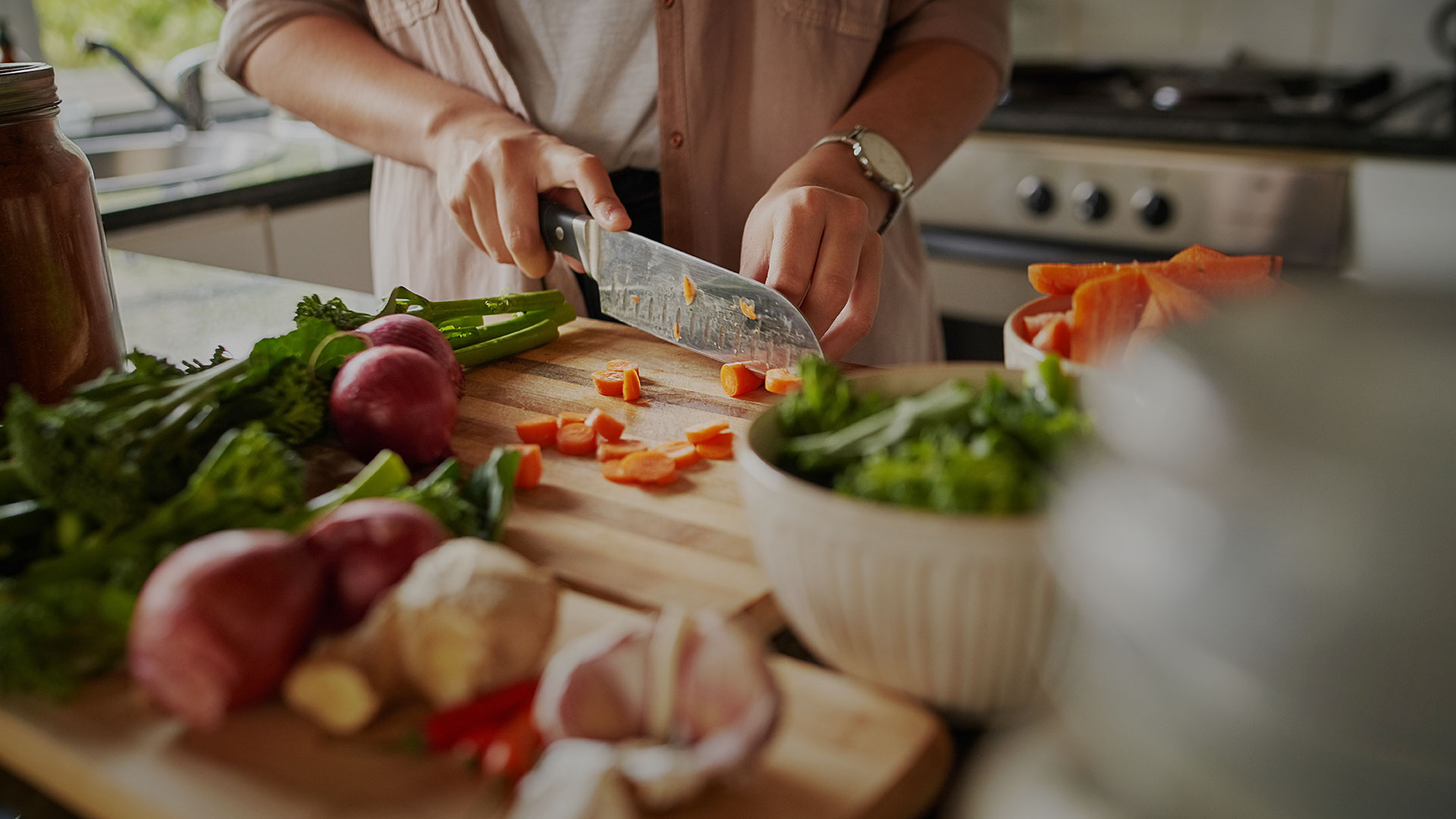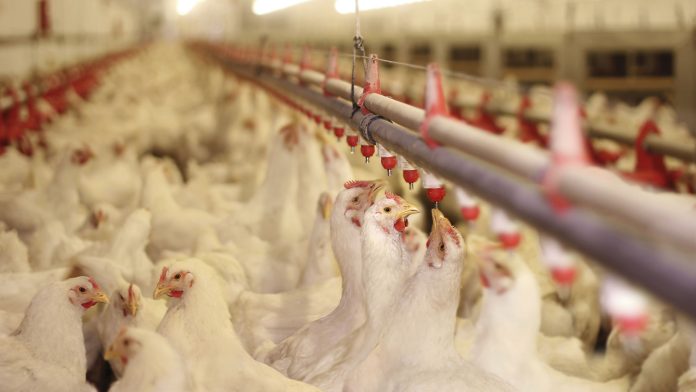Food is not just a matter of taste, but also a political matter. How we eat affects our health and has consequences for the climate, biodiversity and social justice. In a world where billions of people still lack adequate, healthy nutrition, we must understand that our eating habits have effects that go far beyond our own borders. But partly start there.
Follow us in Social Media
The power of meals
Research shows that we think about food about 200 times a day. The constant presence of the topic underscores the importance of our food choices for our health, our environment and our society. By consciously choosing a sustainable and fair diet, we can not only improve our own well-being, but also contribute to a better world.

Undeclared additives: climate change and species extinction
Our diet has a direct impact on the climate and biodiversity. An example: Factory farming is a major cause of greenhouse gas emissions and leads to deforestation and destruction of natural habitats. The cultivation of monocultures for animal feed leads to soil exploitation and a reduction in biodiversity. On the other hand, by consuming locally produced and seasonal foods we can reduce our ecological footprint. A plant-based diet helps preserve biodiversity.

Despite full plates, empty bellies
It is a sad reality that despite overproduction of food, millions of people worldwide are hungry or suffering from malnutrition. At the same time, there is a problem with overweight and obesity in many parts of the world. These nutritional inequalities are often the result of socioeconomic factors, such as access to healthy foods, education and income. Politics plays a crucial role in ensuring that everyone has access to a balanced and affordable diet.
Don't miss anything with the WWF newsletter!
Politics: cook or waiter
Policy can create a framework that promotes sustainable food practices and supports social justice. This includes measures such as subsidies for organic farming, regulations to reduce food waste, and programs to promote education and access to healthy food. It is not only the responsibility of individuals to make healthy choices, but also to ensure that those choices are accessible to all people.

The political menu
Do you eat what’s on the table? That doesn't have to be the case. On June 9th we have a choice. It is up to us to use our vote in the European Parliament elections to support people who are committed to sustainable nutrition and social justice. It is important to elect democratic parties that are committed to creating a food system that takes into account the needs of people and the environment. By casting our vote, we can help shape a future where food is not just a matter of taste, but also an instrument of change for a healthier and fairer world.

The slightly different cooking course
To raise awareness of these connections, we offer a free online course. WWF experts and leading scientists explain the connections. The course offers insights into the complex relationships between nutrition, environment and society. He shows how we can bring about positive change as individuals and as communities.
Free registration: wwf.de/foodkurs
Let’s work together for a sustainable and fair nutritional future!
Follow us on social media:


